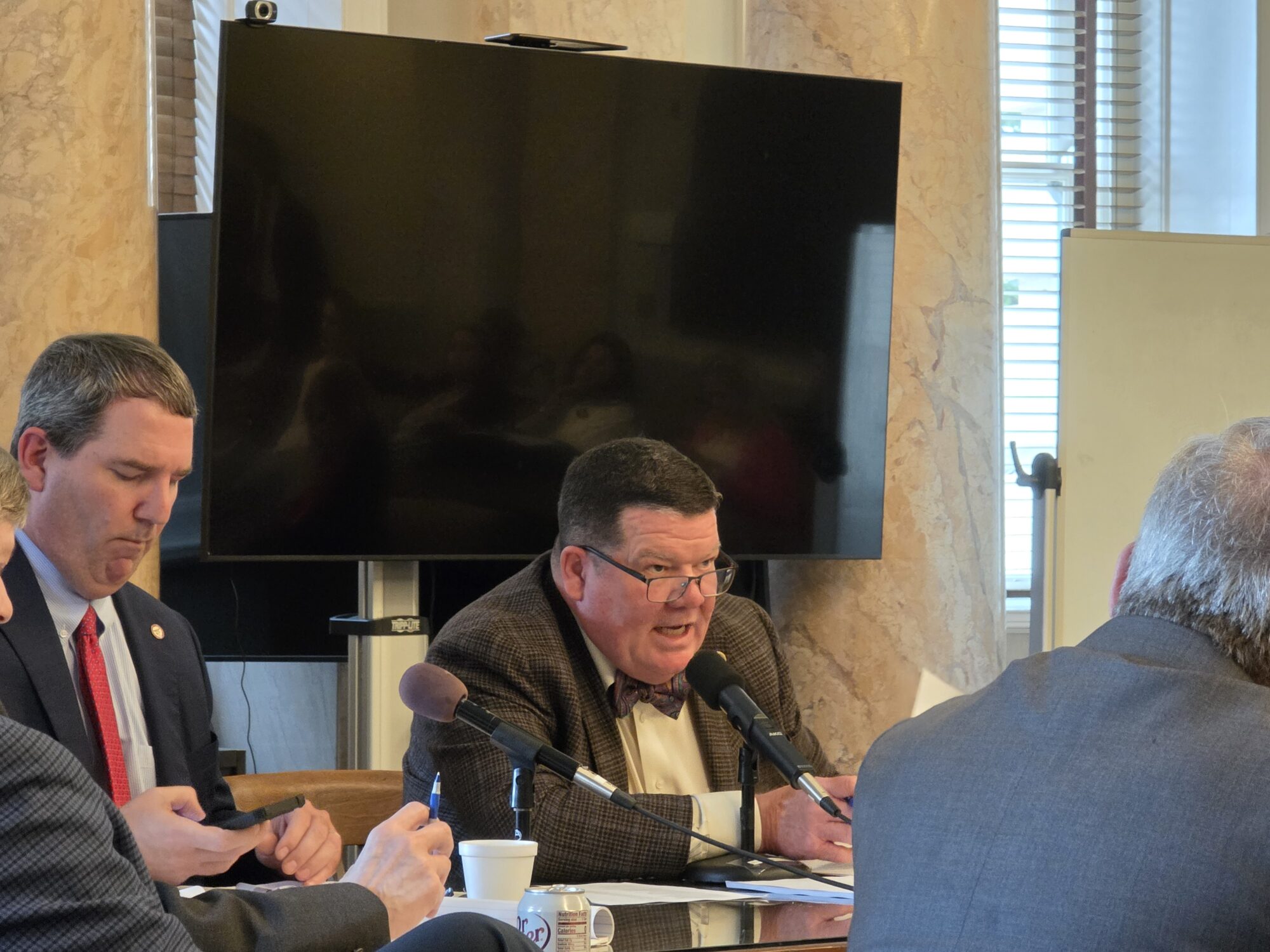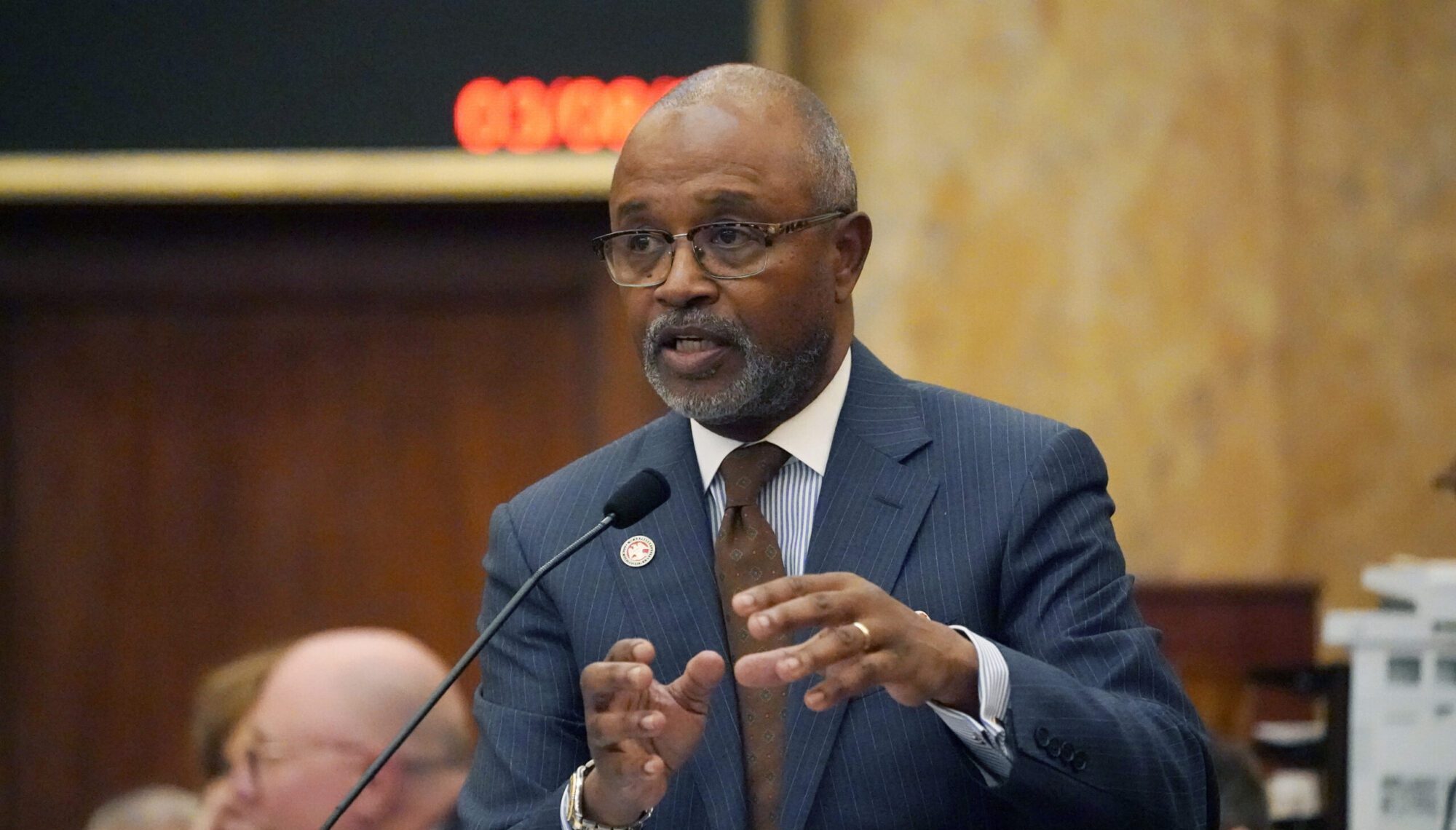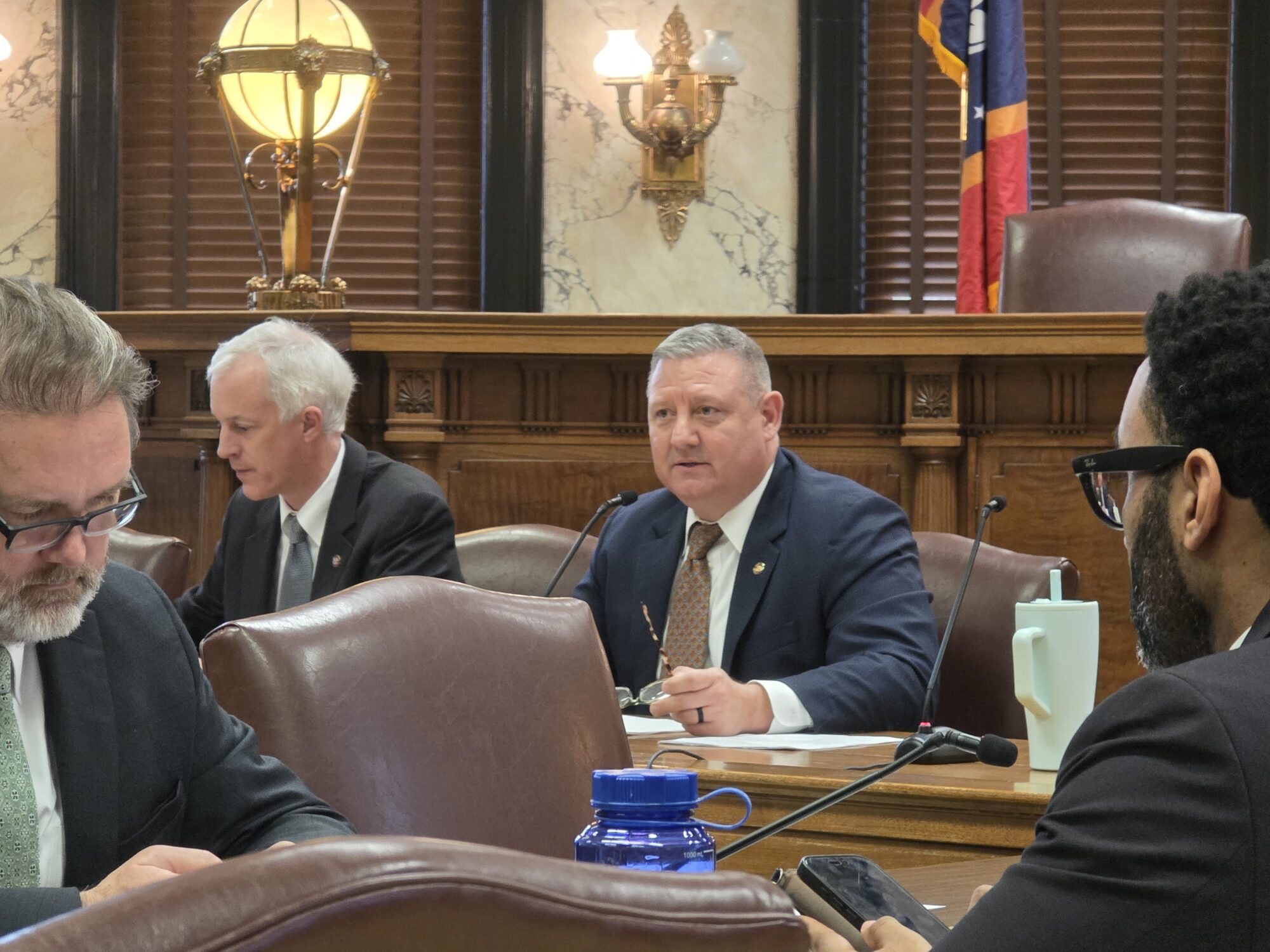
- If signed by Gov. Reeves, the act seeks to ensure employment, academic opportunities and student engagement are based solely on individual merit instead of race, sex, or gender.
A bill that prevents public schools and public postsecondary educational institutions across the state of Mississippi from engaging in discriminatory practices is headed to the governor’s desk, now that both chambers of the Legislature have adopted a conference report this week.
The legislation – HB 1193 – is titled the “Requiring Efficiency For Our Colleges and Universities System and Education System (REFOCUSES) Act,” otherwise referred to as the anti-DEI bill. It prevents universities, community colleges, public schools, and charter schools from using Diversity, Equity, and Inclusion practices when selecting faculty, providing academic opportunities, and offering student engagement.
“This act seeks to ensure that employment, academic opportunities and student engagement are based solely on individual merit, qualifications and academic performance, without consideration of an individual’s views on diversity, equity and inclusion,” the legislation states.
The bill passed the House of Representatives on Tuesday with a vote of 73-40 and then passed the Senate the next day with a vote of 32-13.
The legislation now heads to the governor’s desk for his signature.
Under the act, governing boards of the respective educational institutions are to establish a system for reporting violations of the measure within 90 days of the bill becoming law, which would be at the time of the governor’s signature. State Representative Joey Hood (R) stated that those boards included the Mississippi Department of Education, Community College Board and Mississippi Institutions of Higher Learning.
In addition, the governing boards will be tasked with developing their own reporting and investigation procedures into claims of violations. If a person notices a violation, there is a 30-day statute of limitations in which to report the violation to the respective body. State Senator Tyler McCaughn (R) noted that violations reported after that 30-day time period will not be investigated.
“If you think there was a violation, you can’t wait two or three years down the road and say, ‘I think there was a violation,'” McCaughn told the Senate.
Once a complaint is filed, the institution has 30 days to investigate and make a formal finding. If the complainant is unsatisfied with the finding, an appeal can be made to their local chancery court, and subsequently the Supreme Court.
The respective institution has 25 days to correct any valid findings along with five days to report that the violation has been resolved. If a violation is not addressed within those 30 days, state funding could be pulled from the respective educational institution.
McCaughn believes there will never be a need to redirect funding from a school or college in the state.
“We don’t believe that should ever be used as if there is a violation, they should be getting it taken care of,” McCaughn said, later clarifying that cuts would only occur after repeat offenses.
“If they fail to act on that second time, they are at a point where something is going to have to happen,” McCaughn added.
A list of all violations of the policy are to be reported annually by October 30, Rep. Hood noted to the House.
To address a question raised by Senator Sollie Norwood (D) on if the bill would lead to additional costs to the state’s schools and higher learning institutions, Senator McCaughn said he was unsure, but typically it would depend on the number of complaints filed and time needed to investigate the complaint. McCaughn added that a legislative appropriation would not be required.
Senator McCaughn also clarified that the bill will not affect existing student organizations, fraternities and sororities. Additionally, it will also not remove current classes dealing with racial disparity in terms of slavery or other historical atrocities. He said it is important to remember the mistakes that were made in the past.
State Senator Rod Hickman (D), as many other Democratic senators and representatives did when the bill was discussed on their respective floors, expressed discontent with HB 1193. Hickman stated the bill should have been less of a priority for the Senate, especially as the Legislature was leaving the 2025 regular session without even passing a state budget.
“This is something this body determined, ‘We had to get it done,” Hickman stated. “I just want to say if we put that much work into everything else we did, Mississippi may be a much better place.”
State Representative Bryant Clark (D) asked why diversity, equity, and inclusion in this state suddenly became a bad thing. He said in its original form, DEI was established to ensure fair hiring practices, adding that typically, “those hired under DEI efforts are more qualified because women and minorities are forced to be more highly qualified to have a chance to earn a position.”
“This country used to have leadership that embraced DEI. What changed?” Clark asked.
The legislation outlines that IHL, the Community College Board, MDE, and the Charter School
Authorizer Board are to ensure that each institution, college and public school does not expend any funds derived from government appropriations, deposits, donations, endowments, fees, grants, gifts, income, receipts, tuition or any other source, except as required by federal law, to:
- Establish or maintain a diversity, equity and inclusion office
- Hire or assign an employee of the institution, college or public school or contract with a third party to perform the duties of a diversity, equity and inclusion office
- Compel, require, induce or solicit any person to provide a diversity, equity and inclusion statement or give preferential consideration in hiring or admission to any person based on the provision of a diversity, equity and inclusion statement
- Give preference based on race, sex, color, ethnicity, gender identity or sexual orientation to an applicant for employment, or when awarding a contract at the institution, college or public school
- Require, as a condition of enrolling at, accepting employment with, or being awarded a contract at an institution, college or public school any person to participate in diversity, equity and inclusion training
- Penalize or discriminate against a student, employee or contractor on the basis of their refusal to support, believe, endorse, embrace, confess, act upon or otherwise assent to a diversity, equity or inclusion concept
According to Best Colleges, there are currently more than 30 bills across the U.S. targeting DEI initiatives at public colleges.
“At least 15 of these bills and orders have been signed into law as of April 2025,” the online college research website states.
With Governor Reeves’ signature, Mississippi will be added to this growing list.











